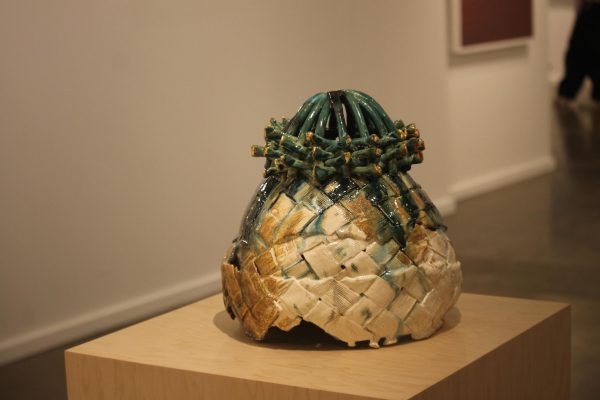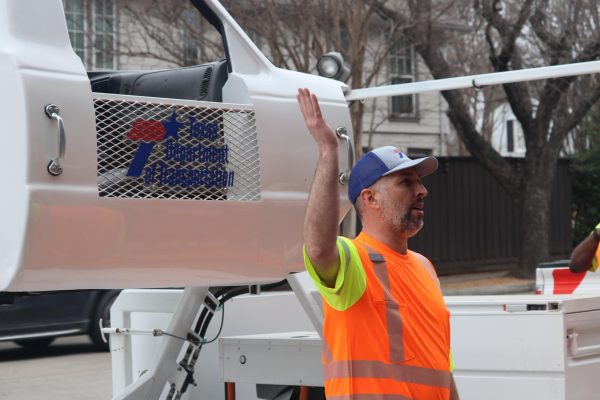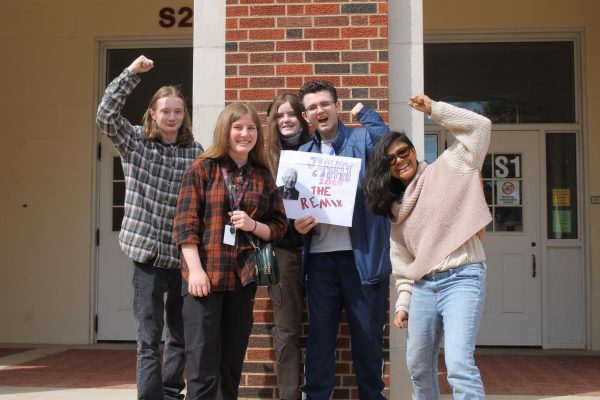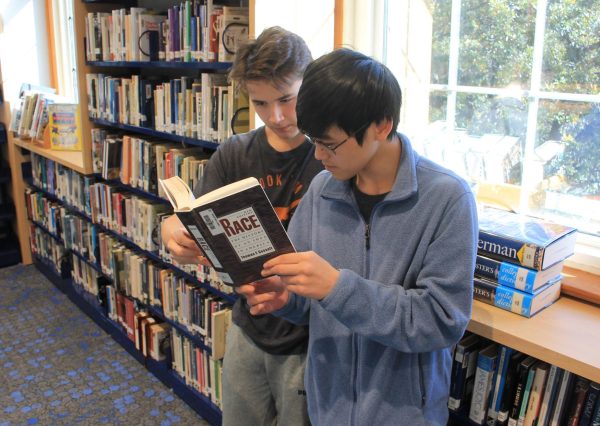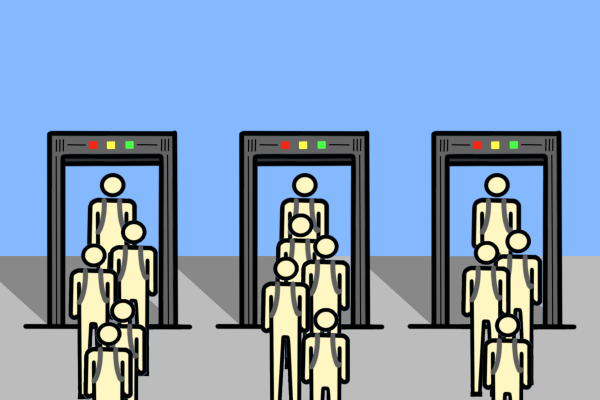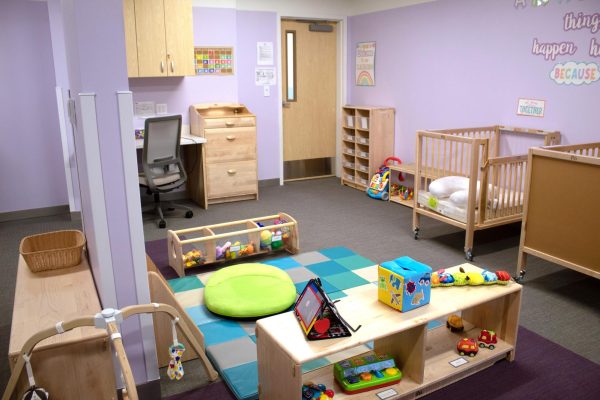Trump’s Travel Ban
The Supreme Court approved President Donald Trump’s travel ban on Monday Dec. 4.
Now, citizens from eight nations are banned from entering the United States.
Countries that have travel or immigration restrictions include Chad, Iran, Libya, North Korea, Syria, Venezuela, Somalia and Yemen. Many believe that is it necessary to ban immigrants from these countries to protect our country. On the other hand, it has split up many families whose family members live in seperate countries.
“We are not surprised by today’s Supreme Court decision permitting immediate enforcement of the President’s proclamation limiting travel from countries presenting heightened risks of terrorism,” White House spokesman Hogan Gidley said.
Those in support of the travel ban see it as a way to secure US borders to make the country safe from terrorist hot spots. They also believe that if there are people in need of help in those countries, the US will help, but that does not mean anyone can immigrate here.
“You take a minute to look at a policy,” teacher in southern California Rebecca Meyer said. “And yes, it’s going to be inconvenient to some, but in the grand scheme of things, it takes time to evaluate things that have to do with national security and safety.”
There are a lot of people who fled wars in the Middle East and now have lived in the US for several years. Many of these people are here for school or have come seeking a better life with greater freedom. Now with the travel ban, they have lost family members and are just waiting for what will happen next.
Raya Bidshahri’s family saved money for years to be able to send Bidshahri to school in America. She has lived in Boston for three years, is a student at Boston University and considers Boston her home. Now she fears that when she graduates in May and her visa expires, she will have to return to Iran.
“My family and I have always dreamed of coming to the United States and accomplishing our dreams here,” Bidshahri said. “We are treated like we’re terrorists, as if we want to cause trouble when above all we just want to make the United States a better place — contributing whether it’s through research, studying, or entrepreneurship.”
During the same week the Supreme Court approved the ban, Hawaii submitted a case against it. In addition, some of the judges questioned Trump’s tweets about the ban stating that there is a possibility that the decision could have been fueled by anti-muslim reasons.

This is my third year with the Bagpipe.
What are you involved in at the school?
CHOW club, National Honor Society, National English Honor Society, National Chinese Honor Society
What is your dream job?
Elementary school teacher
What is your favorite music genre?
Country



